Lucky Baskhar; An Ordinary man’s extraordinary journey to Unscalable Heights
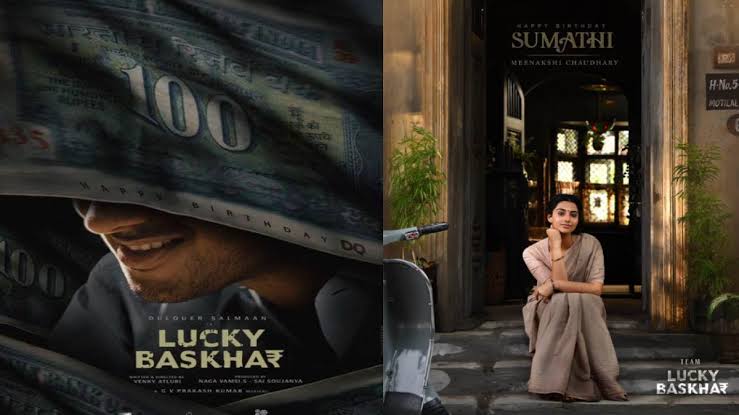
Money: society’s most coveted, scrutinised, and double-edged tool. It drives aspirations and ambitions, and yet, the path to it often tests our values. And yes, as ‘Bhaskhar’ says; Money is an even greater intoxicant than Cigarettes, Alcohol and Drugs!
Venky Atluri’s “Lucky Baskhar” delves on this dynamic, exploring how financial pressure pushes an ordinary man to extraordinary lengths. The film dives into the chaos of Bombay’s stock market during the lead-up to the infamous 1992 securities scam—a scandal that recorded a saga of sorts marked by fortunes that were built and destroyed almost overnight. The heart of “Lucky Baskhar” lies in its protagonist’s moral descent, a man who crosses numerous ethical boundaries in his pursuit of wealth and the elusive stability it promises.
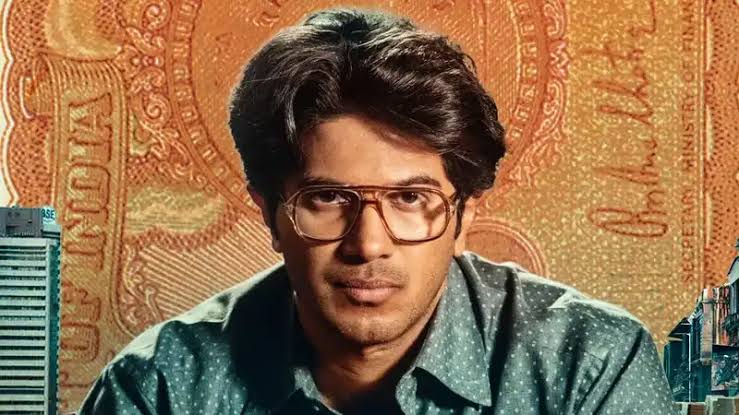
In the role of Bhaskar, Dulquer Salmaan delivers a nuanced and highly engaging performance. His portrayal captures the essence of a middle-class man who begins as an honest and unassuming bank cashier, caught in the whirlwind of his ambitions and the systemic failings of his time. Bhaskar’s story unfolds as a relatable tale of the “everyman” thrust into extraordinary circumstances, and it’s this relatability that grounds the film.
From the outset, Dulquer Salmaan’s Bhaskar is a character to root for. He has a simple life with modest goals: to support his family and build a stable future. However, after a series of personal and financial misfortunes, Bhaskar’s life takes a drastic turn, leading him down a path marked by desperation and uncharacteristic moral compromises. The result is an incredible transformation, as Bhaskar’s internal conflict and growth become the emotional anchor for the film.
Dulquer’s portrayal of Bhaskar is all about that charm-the kind that makes you smile even when you know he is being reckless. It’s what makes us root for him, even when he’s hustling his way through some morally grey territory. Bhaskar is never painted as a one-dimensional “good guy” or “bad guy”- instead, he is complex, conflicted, and fundamentally human. His decisions, often morally questionable, are presented within the realistic frame of his desperation to provide for his family.
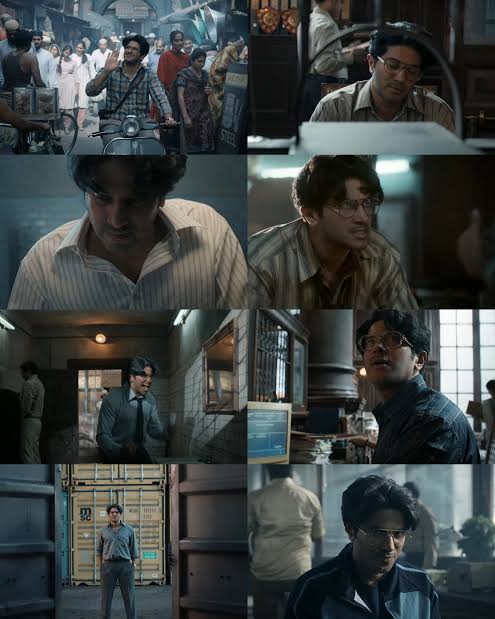
This provides a sense of empathy, even as he makes questionable choices, because he represents the quintessential middle-class man striving to break free from financial constraints.
Meenakshi Chaudhary, stepping into the role of Sumathi, provides a steadying counterbalance. She’s the one who’s half cheering him on, half admonishing him when he’s in too deep a quagmire. Watching her wrestle with Baskhar’s antics is like watching someone with a friend who she can’t fully support but also can’t abandon. Sumathi’s scepticism and reluctant loyalty are gold – and without her, Bhaskhar’s antics would lose half their punch.
In terms of visual storytelling, “Lucky Baskhar” shines. The film’s cinematography, helmed by Nimish Ravi, vividly captures the essence of Bombay in that era. His cinematography combines warm, muted tones and a slight grain effect that evokes the nostalgic feel of the late ’80s and early ’90s. From the crowded streets and iconic architecture to the distinct visual aesthetics of Bombay’s old financial districts, every shot immerses the audience in the past.
GV Prakash Kumar’s musical score adds another layer of meaning to the film as well as its story and narration, particularly in his background compositions, which effectively underscore the tension and pace of the film. While the songs themselves may not leave a lasting impact once the credits roll, the background music aligns perfectly with the tone of the story.
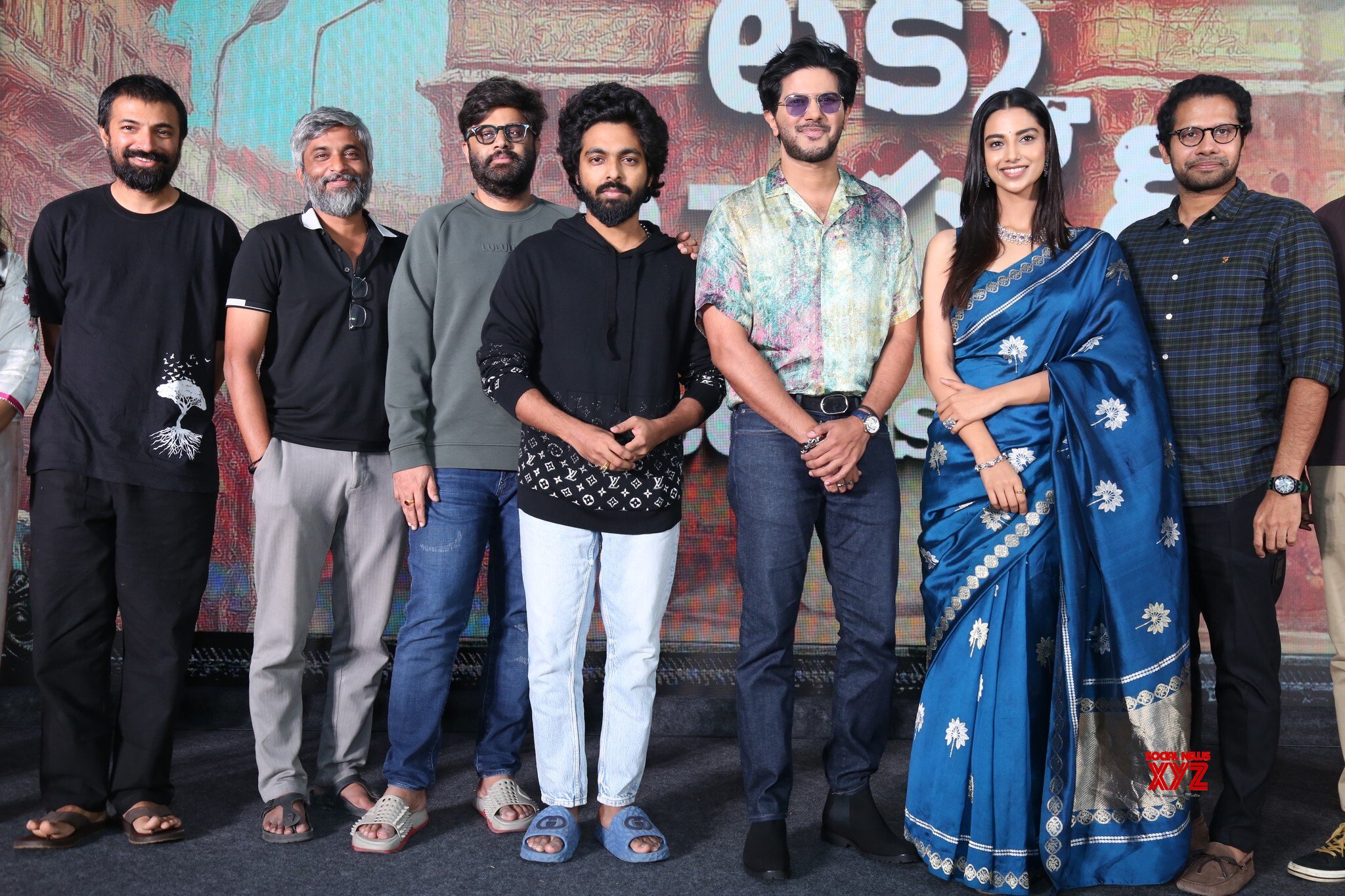
One of the film’s strong points is Atluri’s ability to demystify the complexities of the banking and stock market worlds. The plot deftly explains these elements in a way that is accessible to viewers without extensive knowledge of finance, making the film more universally appealing.
“Lucky Baskhar” is both fast-paced and reflective. The narrative’s first half is marked by rapid plot developments and a sense of building tension as Bhaskar’s life slowly unravels. Some scenes, however, could have been given more space to breathe, especially those intended to add emotional weight.
The second half of the film is where “Lucky Bhaskar” truly finds its rhythm, as Bhaskar’s character arc deepens and the story’s themes are explored more profoundly. In these scenes, Bhaskar’s transformation becomes palpable. No longer just an “honest man in a bad situation,” Bhaskar evolves into a figure willing to deceive and outmanoeuvre others to secure his position.
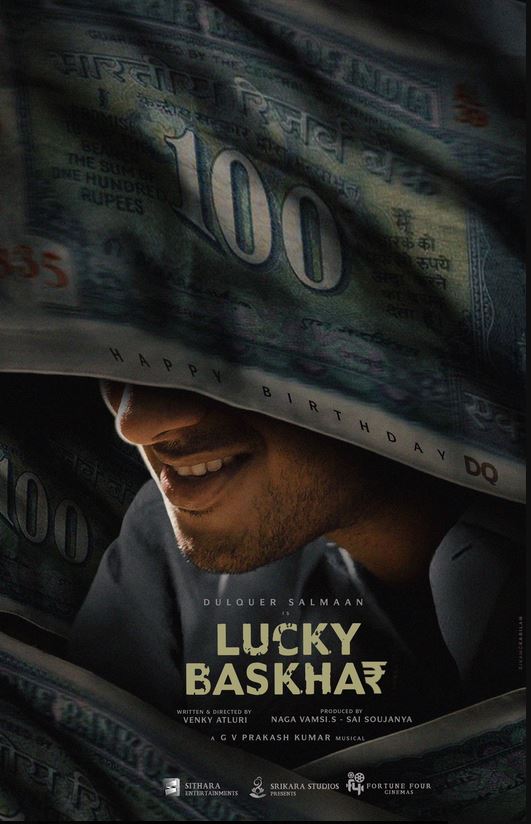
“The Wolf of Wall Street’s” Belfort’s memorable line, “Let me tell you something. There’s no nobility in poverty. I’ve been a rich man, and I’ve been a poor man. And I choose rich every time!” could very well echo in Baskhar’s mindset as he justifies his actions. Here, Dulquer Salmaan’s performance shines as he conveys the internal conflict of a man who once cherished family and integrity but now sees them as secondary to his financial success.
Though “Lucky Bhaskar” is successful in many aspects, it is not without minor flaws. Certain moments feel slightly out of place, such as a humorous checkpost scene that disrupts the film’s otherwise intense tone. Since the writing ensures we are rooting for him at every step of the way, we aren’t really bothered about the missing answers to a bunch of questions.
In all “Lucky Bhaskar” is a winner . The film instantly connects you to the world of Bhaskar and yes, who in the world would not emotionally connect when coming to the “money” factor, right !!?
Watch the theatrical trailer for Lucky Bhaskar here:


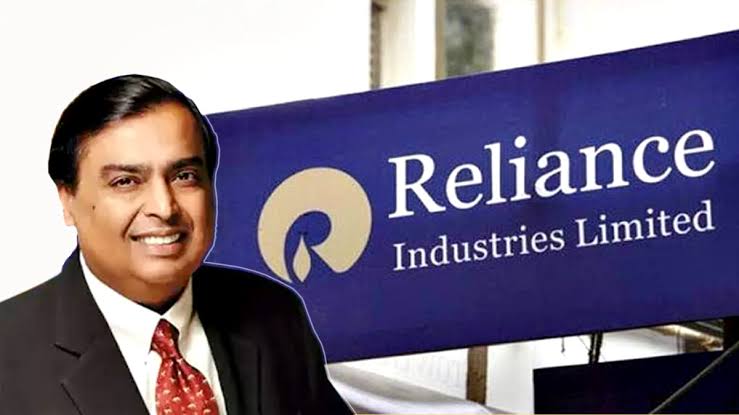


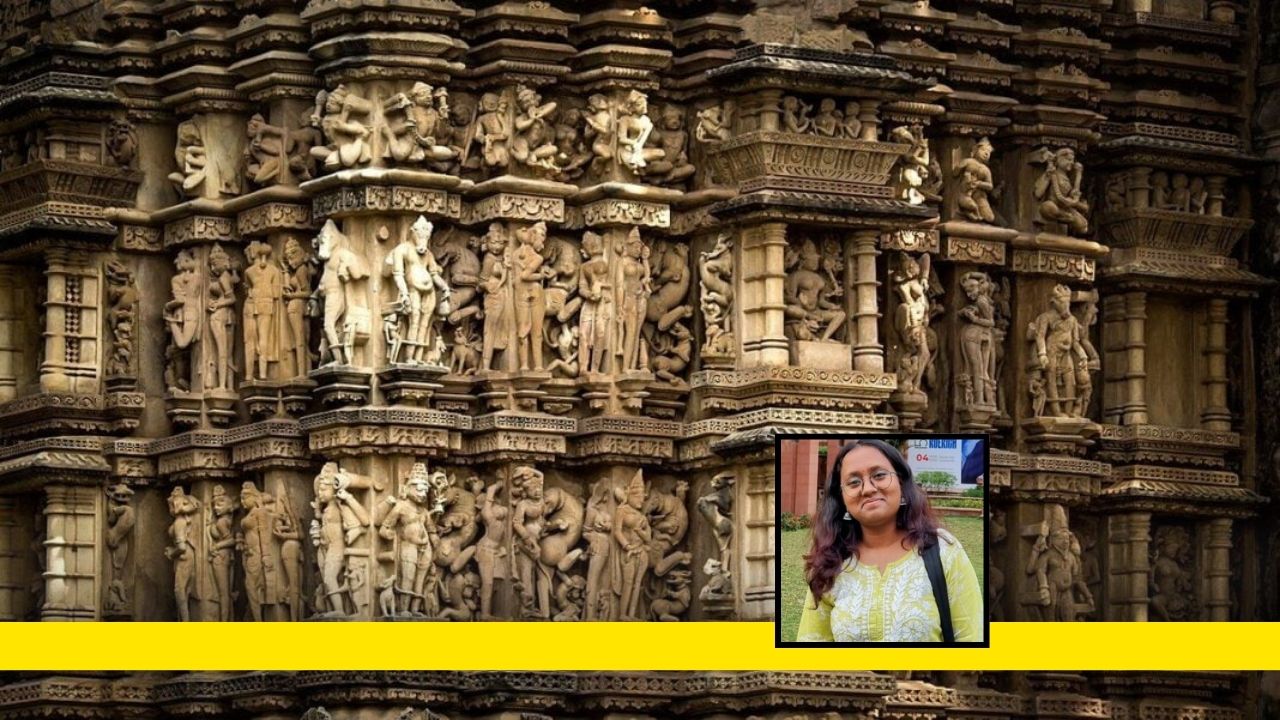






A perfectly balanced review. Neatly presented and well written. Kudos Sania. Keep going!